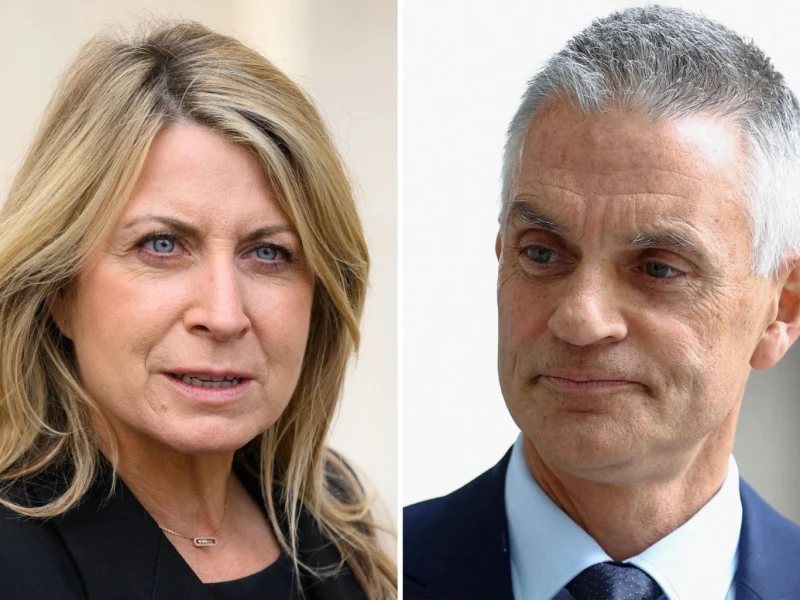The BBC has been plunged into a leadership crisis after its Director-General, Tim Davie, and head of news, Deborah Turness, resigned following the controversial editing of a speech by former U.S. President Donald Trump, amid mounting allegations of political bias.
The resignations came after revelations that a Panorama documentary edited Trump’s 6 January 2021 speech in a way that appeared to show him urging supporters to “fight like hell” as they marched on the U.S. Capitol, while omitting a portion in which he called for a “peaceful” demonstration.
BBC Chairman Samir Shah apologised for what he described as an “error of judgment,” acknowledging that the edit “gave the impression of a direct call for violent action.”
Trump welcomed the resignations, accusing the BBC of attempting to “step on the scales of a Presidential Election.” He reposted a story about the controversy on his Truth Social account, describing the network’s journalists as “very dishonest people.”
In his resignation letter, Davie stated: “There have been some mistakes made, and as director-general, I have to take ultimate responsibility.” Turness, while defending the integrity of BBC journalists, said she stepped down because “the buck stops with me,” rejecting claims of institutional bias.
The scandal emerged after the Daily Telegraph published details of a dossier criticising the BBC’s editorial practices, including its handling of transgender issues and alleged anti-Israel bias in its Arabic service.
Funded by an annual licence fee paid by British households, the BBC is legally obliged to remain impartial. Nevertheless, it has long faced accusations of political bias from both conservative and liberal critics.
Its coverage of the Israel-Hamas conflict has recently come under increased scrutiny, notably after the removal of a Gaza documentary in February, following revelations that the child narrator was related to an official in the Hamas-led government.
Craig Oliver, a former BBC editor and ex-communications chief for former Prime Minister David Cameron, said the broadcaster’s leadership had failed to respond swiftly.
It’s been obvious for days that the BBC needed to step up, explain, apologise, move on,” he said. “Instead, it allowed the president of the United States to attack the institution without properly defending it.”
As the 103-year-old broadcaster searches for new executives, it faces growing pressure from lawmakers and the public to restore confidence in its editorial independence and leadership.


 Prev Post :
Prev Post :
